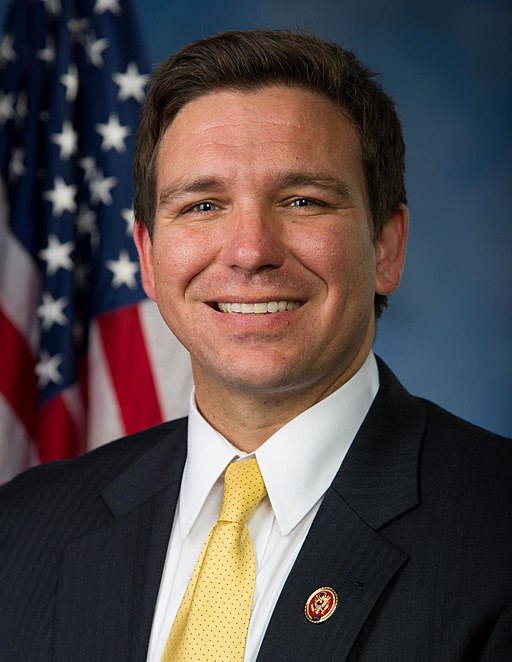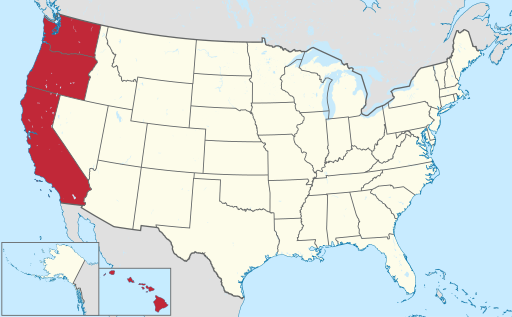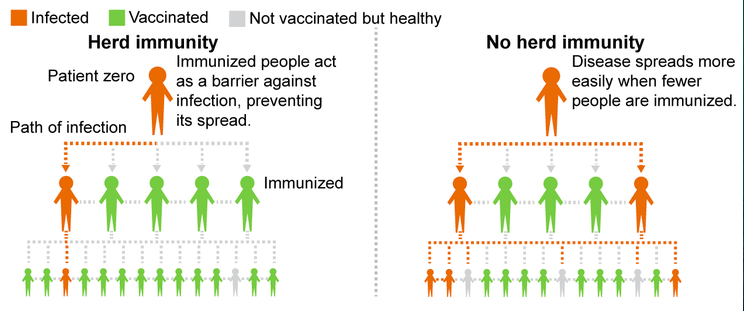Speaking at Grace Christian School in Valrico on September 3, 2025, Florida Governor Ron DeSantis announced that Florida will become the first state to eliminate all school vaccine mandates, ending 45 years of established public health policy.
School vaccine requirements have been standard across all states since the 1980s. Florida’s decision would break from a practice that courts have upheld as constitutional.
What Florida Plans to Do
Florida’s health department will drop school requirements for chickenpox, hepatitis B, Haemophilus influenzae type b, pneumococcal disease, and strep infections. Major childhood shots for polio, diphtheria, measles, mumps, tetanus, and whooping cough are embedded in state law, requiring legislative approval to remove them.
Parents can still choose to vaccinate their children even if schools stop requiring the shots. But Florida parents have been moving away from vaccines for years. More parents skip required shots for their children than in most states, and most cite personal rather than medical reasons.
DeSantis has made vaccine resistance a cornerstone of his administration since the pandemic. During the pandemic, Florida rejected COVID-19 vaccine mandates for schools and workplaces. “I don’t think there’s another state that’s done as much as Florida. We want to stay ahead of the curve,” DeSantis said.
Getting legislative support may prove challenging. State lawmakers rejected a smaller bill this year that would have required doctors to treat patients regardless of vaccination status. They removed that provision because of liability concerns, and the bill did not pass.
The People Behind This Decision

Governor Ron DeSantis plans to introduce a wide medical freedom package when the 2026 session begins. The new Florida Make America Healthy Again (MAHA) commission will shape the legislation, mirroring the federal effort led by Health Secretary Robert F. Kennedy Jr. First Lady Casey DeSantis and Lieutenant Governor Jay Collins will chair the commission.
The commission will promote parental rights in medical decisions, expand informed consent practices, and eliminate what DeSantis calls “medical orthodoxy that is not supported by the data.” Collins reinforced the philosophy at the announcement. “We’re getting government out of the way, getting government out of your lives,” he said. The commission will focus on promoting nutritious food, improving health care transparency, and restoring trust in public health institutions.

Surgeon General Joseph Ladapo drove the announcement with his strongest opposition to vaccines yet. He called COVID-19 vaccines “poison” and compared all vaccine mandates to slavery. “Every last one of them is wrong and drips with disdain and slavery,” he told the crowd at Grace Christian School. “Who am I as a government or anyone else to tell you what you should put in your body?”
He framed the policy shift as religious freedom. “Your body is a gift from God. What you put into your body is because of your relationship with your body and your God,” Ladapo declared. The surgeon general advised people under 65 to avoid mRNA COVID vaccines, contradicting CDC recommendations.
President Trump called Florida’s decision a “tough stance” but expressed mixed views, praising certain vaccines, including polio and COVID-19 shots developed during his first term.
Why Some Doctors Are Worried
Medical groups condemned Florida’s plan. The American Medical Association warned the move “would undermine decades of public health progress and place children and communities at increased risk for diseases such as measles, mumps, polio, and chickenpox, resulting in serious illness, disability, and even death.”
Dr. Susan Kressly, president of the American Academy of Pediatrics, said the announcement “will put children in Florida public schools at higher risk for getting sick.” Dr. Richard Besser, former acting CDC director, called it “frightening.”
The announcement came just after the school year began, giving Florida families months to see what lower vaccination rates look like before lawmakers vote.
Their opposition comes from research showing routine childhood vaccinations for children born between 1994 and 2023 prevented about 508 million illnesses, 32 million hospitalizations, and 1.129 million deaths. Measles cases nationwide surged nearly fivefold in 2025 compared to 2024.
How Other States Are Pushing Back

Other governors are forming coalitions to counter federal changes. Washington, Oregon, and California created the West Coast Health Alliance to coordinate health guidelines, pushing back against what they call the Trump administration’s politicizing of public health decisions.
Massachusetts built a separate coalition that includes all New England states except New Hampshire, plus New York, New Jersey, and Pennsylvania. Massachusetts went further than coordination. The state became the first to require insurers to cover vaccines recommended by state health departments regardless of federal guidance.
Both coalitions plan to base their recommendations on medical organizations rather than CDC guidance.
Read More: RFK Jr. Demanded a Vaccine Study Be Retracted. The Journal Said No.
What This Could Mean for Communities
What happens when communities lose this protection? Herd immunity protects entire communities when enough people become immune through vaccination. Measles requires a 95% vaccination rate while polio needs 80% to prevent outbreaks. When rates drop below these thresholds, diseases start spreading again.

The protection that shields those who cannot receive vaccines, like newborns and immunocompromised patients, begins to weaken. Measles was declared eliminated in the U.S. in 2000, but returned with 1,282 cases in 2019. Before vaccines, measles killed hundreds of thousands of children each year in the U.S. Every vaccination decision ripples through classrooms, neighborhoods, and communities where children play together, share spaces, and bring home what they encounter at school.
Read More: No Link Found Between Aluminum in Vaccines and Childhood Illnesses, Study Shows

